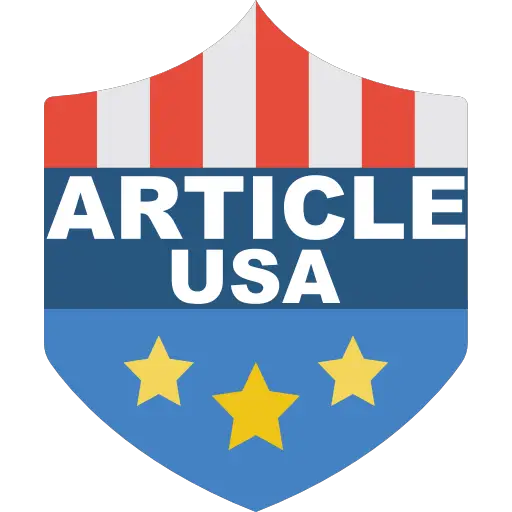Are you considering a career as an insurance adjuster? Whether you’re looking to start your own business or work for an established agency, navigating the licensing requirements can be a daunting task. But fear not, dear reader! In this blog post, we’ll guide you through all the ins and outs of becoming a licensed insurance adjuster. From continuing education requirements to the steps necessary for obtaining your license, we’ve got you covered. So sit back, relax, and let’s dive into the world of insurance adjuster licensing requirements Houston together!
Continuing education requirements for insurance adjusters
As with many professions, insurance adjusters are required to complete continuing education courses in order to maintain their license. These courses provide valuable updates on industry regulations and new skills that can be applied on the job.
Most states require a certain number of hours of continuing education per year or every two years, depending on the state’s regulations. The topics covered in these courses may include ethics, customer service, claims handling best practices, and more.
It’s important for insurance adjusters to keep up with their continuing education requirements not only to maintain their license but also to stay current with industry trends and best practices. Many online resources are available for completing these courses at your own pace and convenience.
Staying up-to-date through continuing education can also help advance an adjuster’s career by demonstrating a commitment to professional development. So don’t overlook the importance of completing your continuing education requirements as an insurance adjuster! insurance adjuster academy
The licensing requirements for insurance adjusters
Becoming an insurance adjuster can be a lucrative career, but it requires meeting certain licensing requirements. These requirements vary from state to state, so it’s important to research the specific guidelines in your area.
Generally speaking, most states require insurance adjusters to pass a licensing exam and complete pre-licensing education courses. The number of required hours for these courses also differs depending on where you live.
In addition to passing an exam and completing coursework, some states may require applicants to have prior experience working in the insurance industry or even undergo a background check.
It’s crucial that aspiring insurance adjusters stay up-to-date with any changes or updates made to their state’s licensing requirements as they evolve over time. Failure to keep abreast of these regulations could result in losing one’s license altogether and missing out on potential job opportunities.
Becoming licensed as an insurance adjuster is not always an easy process but staying informed about what is required can make all the difference when pursuing this challenging yet rewarding career path.
Conclusion
Becoming a licensed insurance adjuster requires dedication and commitment. The licensing requirements vary by state, so it’s important to research the specific requirements for your location. Additionally, continuing education is necessary to maintain your license and stay up-to-date with industry standards.
Attending an insurance adjuster school or academy can provide valuable training and preparation for the licensing exam. It’s also helpful to gain experience through internships or entry-level positions in the field.
Obtaining an insurance adjuster license can open up many opportunities in the insurance industry. With proper education and training, you can build a successful career as an insurance adjuster while providing crucial support to those who have experienced loss or damage. insurance adjuster training



